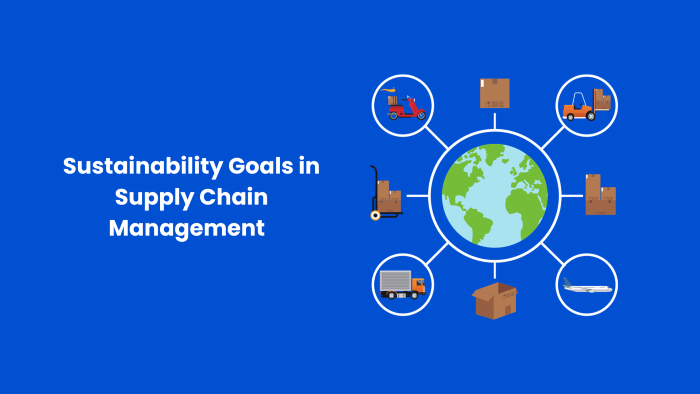
Sustainability has become a critical issue in Business. Businesses everywhere work to include social and environmental concerns in their operations and meet their financial goals. Supply chain management is a crucial area where sustainability goals are being pursued growingly. We will discuss Objectives of Supply Chain Management and why professionals are turning to Supply Chain Management Training help them navigate this changing field.
Objectives of Supply Chain Management: A Brief Overview
Before diving into sustainability targets, let’s lay the groundwork by comprehending the fundamental aims of supply chain management (SCM). SCM is the umbrella term for several initiatives designed to maximise the movement of products and services from suppliers to customers. The following are supply chain management’s main goals:
- Simplifying procedures to save expenses, minimise waste, and boost output throughout the supply chain.
- Guaranteeing the constant calibre of goods and services across the whole supply chain.
- Adjusting so that the supply chain can react appropriately to shifts in demand, the state of the market, and interruptions.
- Minimising lead times while immediately meeting consumer requests.
- Finding ways to save costs all across the supply chain.
Integration of Sustainability Goals
Let’s now examine how these core SCM goals and sustainability objectives interact:
Environmental Responsibility
Reducing the environmental impact of supply network activities is a common focus of sustainability objectives within supply chain management. This covers methods for reducing waste, conserving resources, and lowering greenhouse gas emissions. Businesses are embracing more and more environmentally responsible methods, such as using renewable energy, reducing emissions by optimising transportation routes and cutting waste by putting circular economy ideas into practice.
Social Responsibility
Social responsibility in supply chain management (SCM) refers to considering the welfare and equitable treatment of employees and communities. Ensuring equitable compensation, secure labour environments and moral material procurement are all sustainable supply chain management components. This not only complies with social norms but also lowers the possibility of labour conflicts or unethical behaviour harming one’s reputation.
Ethical Sourcing
Businesses are focusing more on ethical sourcing, which includes obtaining components and materials from vendors that adhere to social and ethical norms. By encouraging ethical corporate conduct and upholding human rights across the supply chain, this goal supports the sustainability of the supply chain.
The Benefits of Pursuing Sustainability in Supply Chain Management
Cost savings through sustainable practices, such as decreased energy use and waste management costs, are common.
- Concerns about the environment and society may help businesses lower their risk of supply chain interruptions, fines from authorities, and reputational harm.
- Businesses that adopt sustainability may get a competitive advantage by drawing in eco-aware customers and satisfying the demands of socially concerned investors.
- A company’s image may be improved by showcasing a commitment to sustainability, which builds trust among stakeholders and consumers.
Supply Chain Management Training for Sustainability Goals
Professionals are pursuing supply chain management training to provide themselves with the information and abilities necessary to traverse this changing environment as sustainability becomes more and more integrated into SCM. Such instruction has several advantages:
- By giving professionals access to the most recent sustainability trends, laws, and best practices, training programmes enable them to make well-informed judgements.
- Professionals may acquire the knowledge and skills necessary to incorporate sustainability goals into the entire supply chain strategy and match them with the purpose and goals of the company.
- Professionals may identify possible supply chain sustainability risks and create mitigation methods using training.
- Training may help with this as it can help understand stakeholder expectations and engagement techniques, which are crucial for effective sustainability efforts.
Conclusion
Sustainability objectives are now required in supply chain management and are not optional. Incorporating social and environmental factors into supply chain operations puts businesses in a stronger position to prosper in a dynamic commercial climate and helps create a more sustainable global community. Sustainability concerns are increasingly deeply entwined with supply chain management goals, which include efficiency, quality, flexibility, responsiveness, and cost reduction. A knowledgeable and competent staff is necessary to fulfil sustainability goals in addition to these aims. Professionals may acquire the skills and information necessary to negotiate the challenging and dynamic landscape of sustainable supply chain management via supply chain management training.
